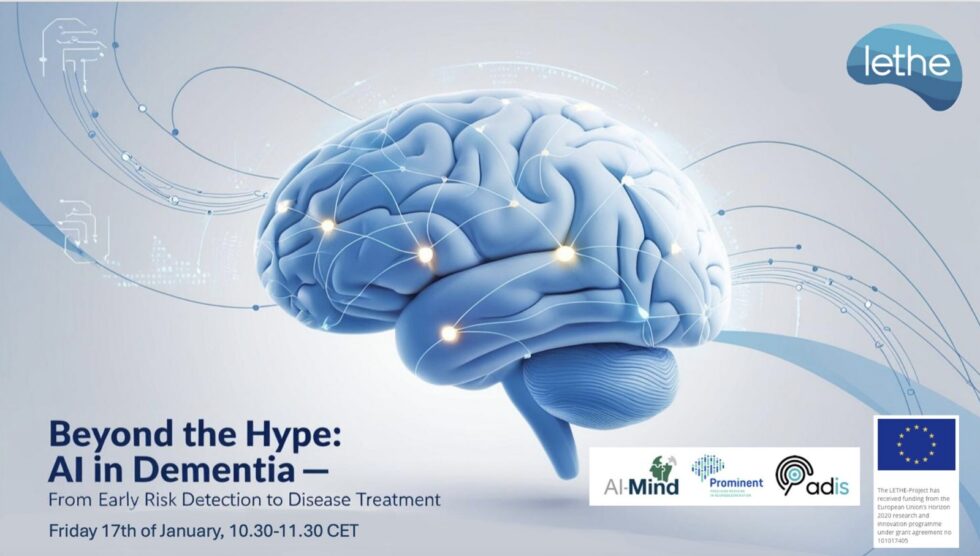Alzheimer’s disease has an increasing prevalence in the population world-wide, yet current diagnostic methods based on recommended biomarkers are only available in specialized clinics. Due to these circumstances, Alzheimer’s disease is usually diagnosed late, which contrasts with the currently available treatment options that are only effective for patients at an early stage. Blood-based biomarkers could fill in the gap of easily accessible and low-cost methods for early diagnosis of the disease. In particular, immune-based blood-biomarkers might be a promising option, given the recently discovered cross-talk of immune cells of the central nervous system with those in the peripheral immune system. Here, we give a background on recent advances in research on brain-immune system cross-talk in Alzheimer’s disease and review machine learning approaches, which can combine multiple biomarkers with further information (e.g. age, sex, APOE genotype) into predictive models supporting an earlier diagnosis. In addition, mechanistic modeling approaches, such as agent-based modeling open the possibility to model and analyze cell dynamics over time. This review aims to provide an overview of the current state of immune-system related blood-based biomarkers and their potential for the early diagnosis of Alzheimer’s disease. You can read the open access publication here: https://www.frontiersin.org/journals/immunology/articles/10.3389/fimmu.2024.1343900/full





